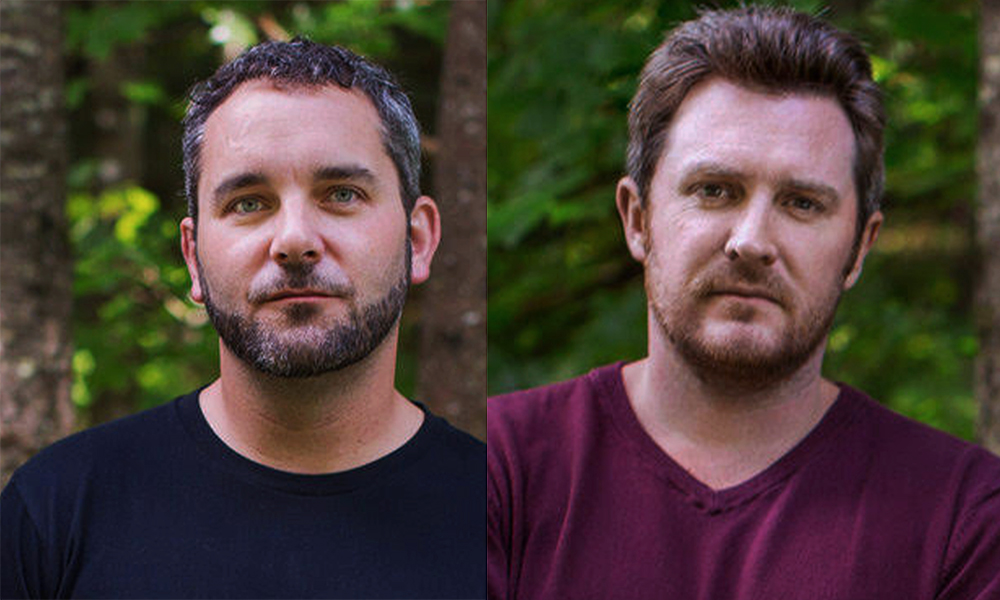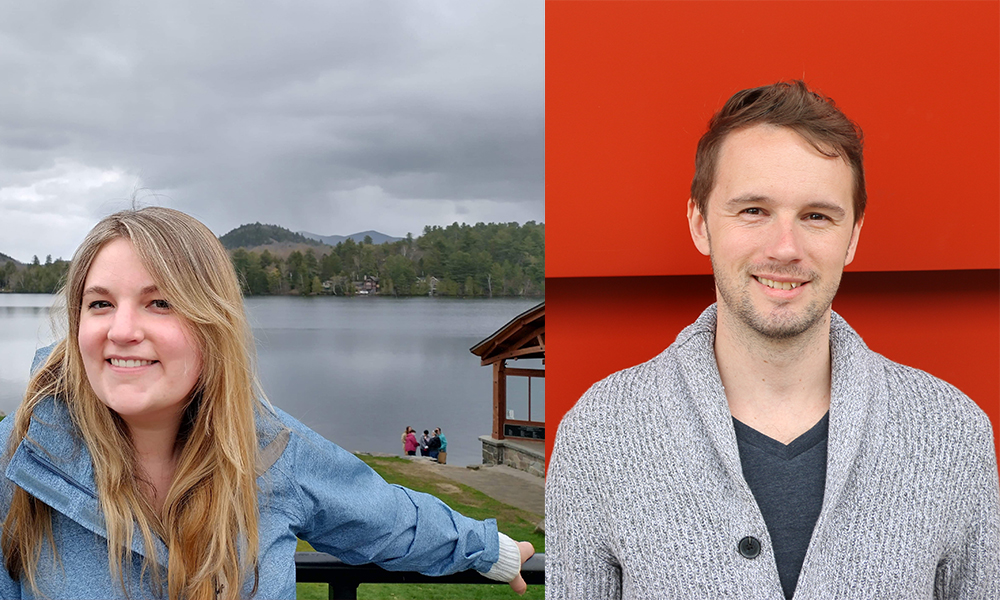Since fewer traditional newspapers can afford to have full-time investigative teams spending months on long-lead stories (remember the Oscar-winning movie Spotlight?), podcasts have taken over to indulge our sweet tooth a good whodunit. And nowhere is this more prevalent than in the super-popular, -addicting genre of true crime, which has a major presence right here in Saratoga Springs and the Capital Region.
Podcasters have become this generation’s super-sleuths, spending months and sometimes years digging into cases, many of which have long gone ice cold. Audio episodes can then be listened to on demand in your car or on your smartphone while you toil away in the kitchen or stay up late on a Saturday night. By turning the heat back on a case, not only does it honor a long-forgotten victim’s memory, but also could lead to new clues or even real-life arrests.

Enter the cases of Sheila Shepherd, the victim of Saratoga’s only unsolved homicide, which took place in 1980, and Suzanne Lyall, a SUNY Albany student who was born in Saratoga and disappeared in 1998. Shepherd’s case was the subject of a seven-part series by the popular podcast Crawlspace (it garners between 400,000 and 500,000 downloads a month), while True Crime Bullsh** (more than 600,000 downloads a month), which focuses on the infamous serial killer Israel Keyes, puts together a fascinating two-parter on the likelihood that he’s responsible for Lyall’s disappearance.
“Podcasting is a different way to shine a spotlight on a case,” says Lance Reenstierna, who co-hosts Crawlspace with partner Tim Pilleri. “It’s not TV, where a three-hour interview is cut down to a seven-minute news segment. We do a full deep dive, pushing the envelope while being respectful and responsible.”

Josh Hallmark of True Crime Bullsh** feels that same duty to not sensationalize any of these stories, instead toiling away doing exhaustive research on missing persons (many of whom are from right here in the Capital Region) while also forging relationships with some of their families.
“Consuming true crime as a medium has some ethical gray areas,” he says. “I want to talk about these things, tell a story and investigate a case, rather than just read off facts. If we can find one missing person or find out what happened to someone’s loved one, that’s amazing.”
Phoebe LaFave couldn’t agree more. Her first 10-episode season of Upstate Unsolved, which aired on iHeartRadio’s WGY, was entirely dedicated to Lyall’s case and earned her the Outstanding Podcast award from the New York State Broadcasters Association. (She has since moved on to a job in the communications department at SUNY Adirondack.)
“Even though I’ve moved on from broadcasting, I’ll never move on from Suzy’s story,” LaFave says. “I know this case will be solved. My podcast will always be there. Ten years from now, someone could find it and listen, and maybe remember something that leads to a tip. That’s why the medium is so important.”


